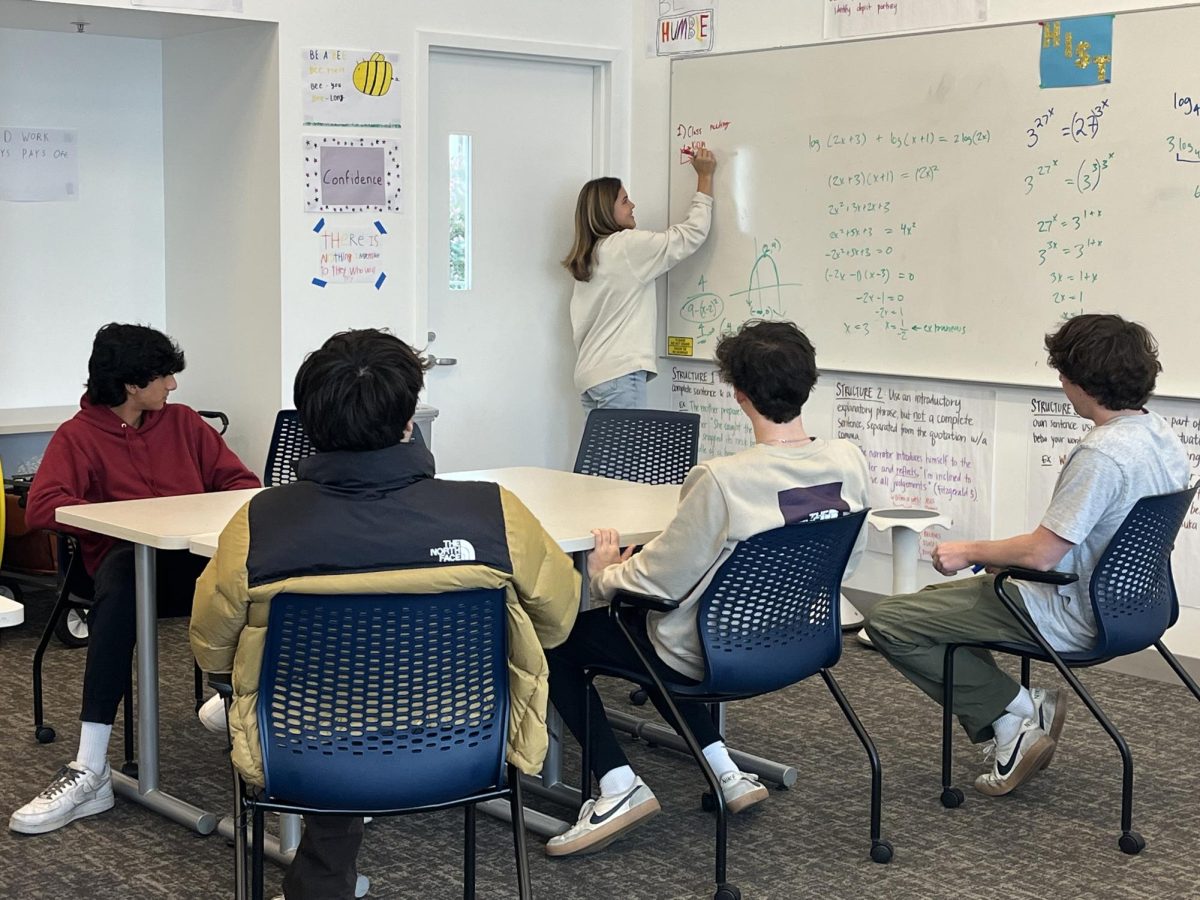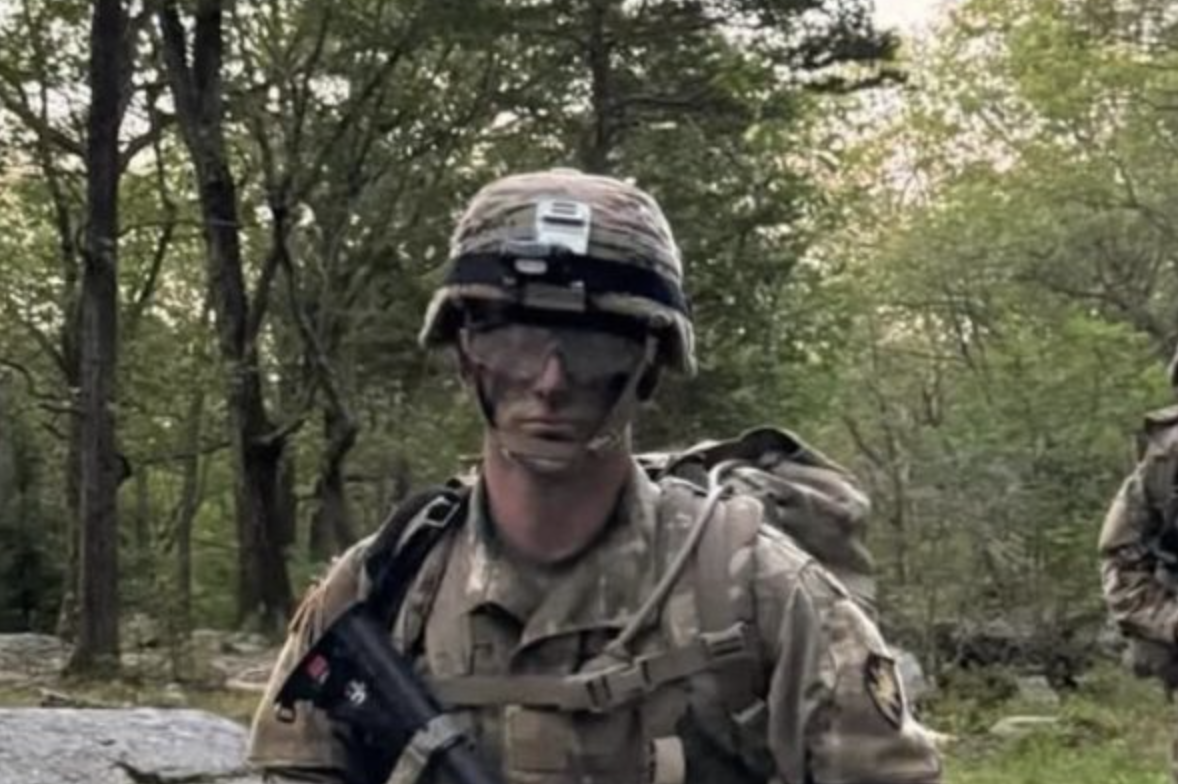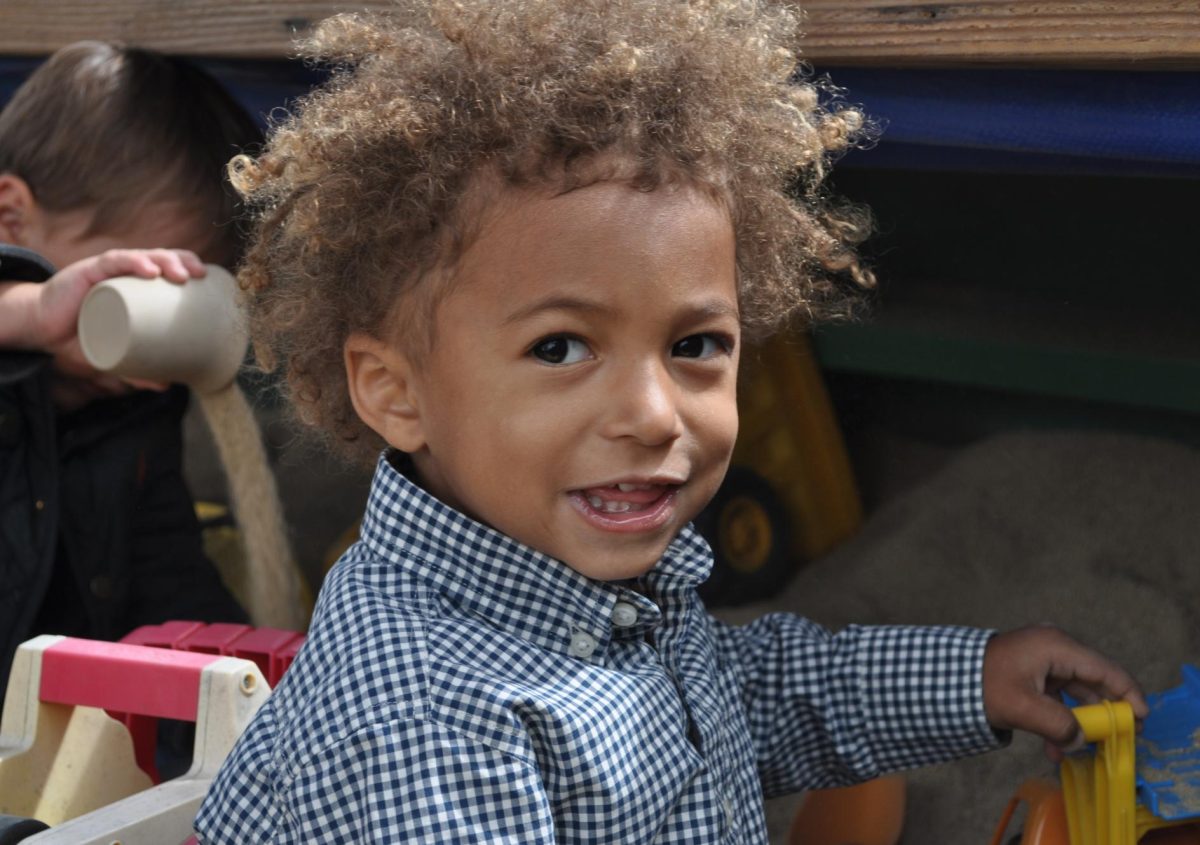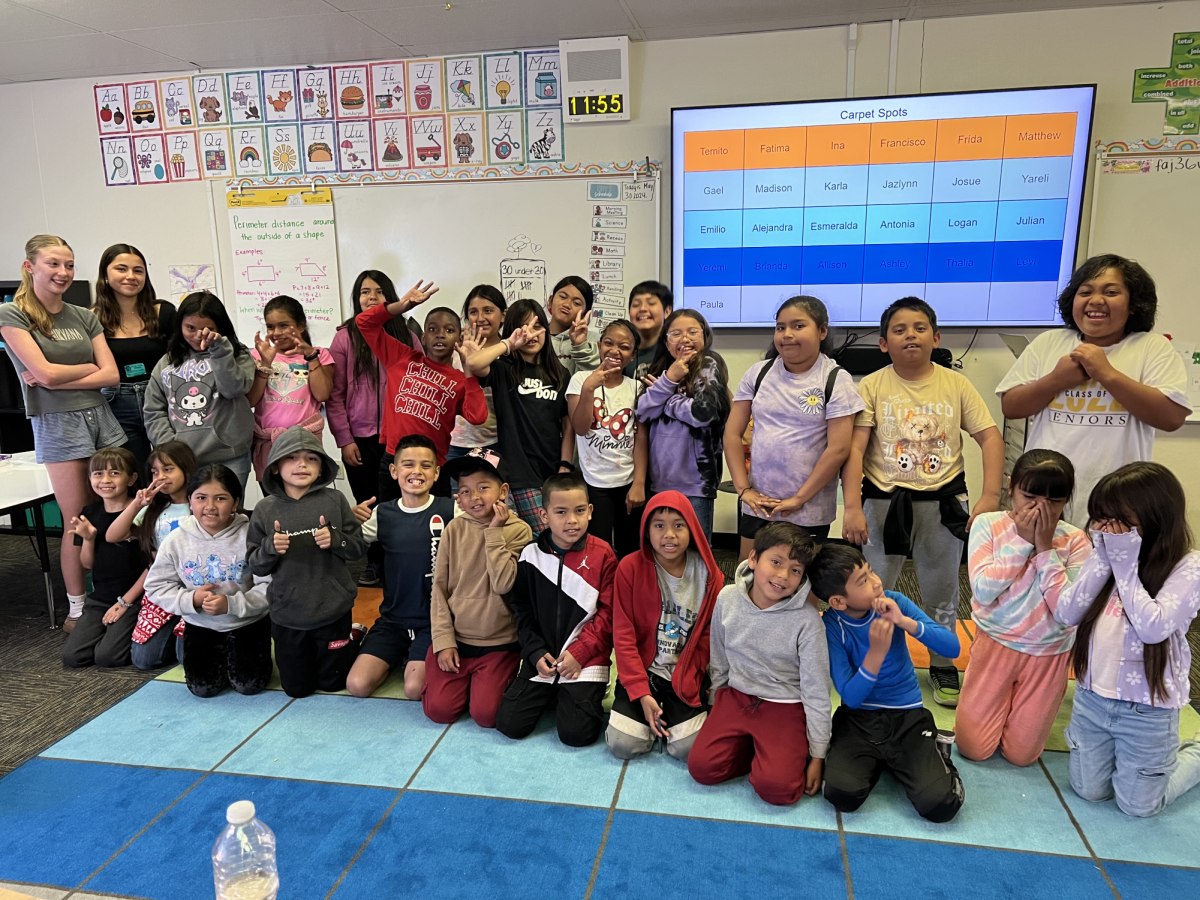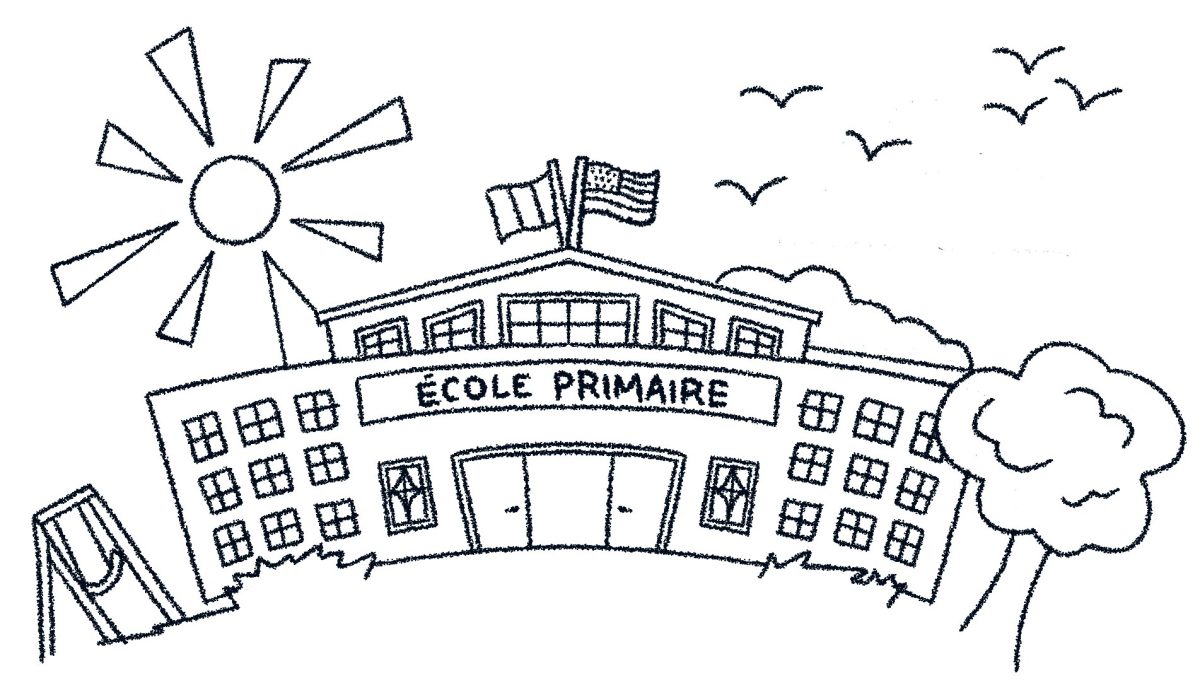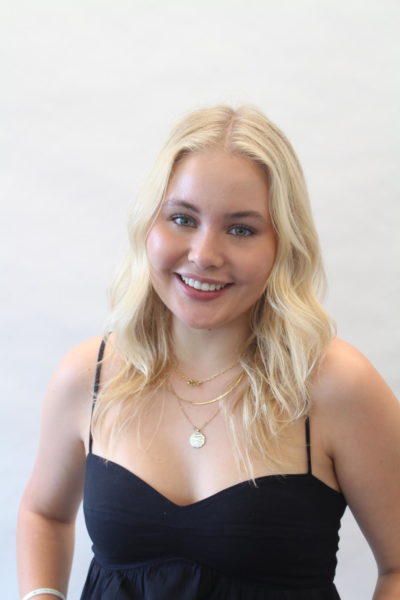Different Learning Styles is a new affinity group and club at Menlo started by seniors Ryan Schnell, Alex Gani and Paige Miller. “[The club and mentorship group are] really about celebrating learning differences and also supporting one another through a lot of common struggles like with extra time or finding [or] figuring out accommodations, common challenges we all face,” Miller said.
According to Director of Learning Resources Ryan Dean, who co-advises DLS alongside Academic Coordinator Lily Lam, the group is currently more focused on serving students with diagnosed learning disabilities. However, the club hopes to open the doors to students who don’t have diagnosed learning differences in the future so they can support their classmates.
“The mission is to normalize the concept of learning differences, to educate those students who have learning differences about their learning style and the support Menlo can offer,” Dean said. “We also want there to be a peer mentor component: kids talking to kids. And we can certainly take some of the information that students give us in these meetings, to advocate for change at Menlo.”
While Dean and Lam will make occasional appearances to give club members study and organizational tips, there’s a heavier emphasis on peer-to-peer interaction. Students talk about their experiences, share advice and support one another, according to Schnell.
Miller, who was diagnosed with ADD and ADHD in sixth grade, acknowledges that while many of her classmates and friends try to understand and accept her learning differences, DLS provides a special sense of camaraderie in a community that prides itself on academic achievement.
“There’s the stereotypical, ‘I get really distracted’ or ‘I’m unproductive’ but then aside from that, just having extra time and wanting to go out on the quad during lunch, hearing music playing in this great weather and I’m sitting there taking a math test, finishing my extra time, that’s definitely been a challenge,” Miller said. “High school’s not a time where you want to be different.”
Although Miller appreciates the help she has received throughout Menlo from the Learning Center and teachers, she is grateful that she can find additional support through the DLS club. “Now having a group of supportive students […] has been super impactful for me because it shows like, ‘Oh, I’m not alone in this and all these kids aren’t alone in it,’” Miller said. “And even if you’re not a part of the group, knowing that Menlo does things to recognize kids with learning differences, knowing that Menlo cares, I think, in itself just goes a long way.”
Schnell expressed similar sentiments. “Those who’ve attended our club have definitely said that they feel a lot less lost. I mean, I personally felt like it was pretty scary as an underclassman to have to have these kinds of tougher conversations with teachers about accommodations and tutorial sessions,” Schnell said.
The next step for DLS is creating the Learning Allies peer mentorship group. Learning Allies will act as a pair system to help underclassmen navigate how to manage extra time, going to the learning center and other questions they may have about accommodations. According to Gani, it took him until his junior year to figure out how best to handle his accommodations, something he feels might have been easier if he had had a peer mentor to give him advice and teach him how to navigate these additional responsibilities that come with having a learning disability at Menlo.
Dean believes that the effort made by Schnell, Gani and Miller to create DLS has made a difference for students with diagnosed learning disabilities at Menlo. “[Student Council speeches] often have [a] grand list of priorities that includes things like shorter classes, no tutorials, better lunches. [Learning differences] never makes it into the speeches, but it could change the experience and [out]look for a generation of children,” Dean said.


